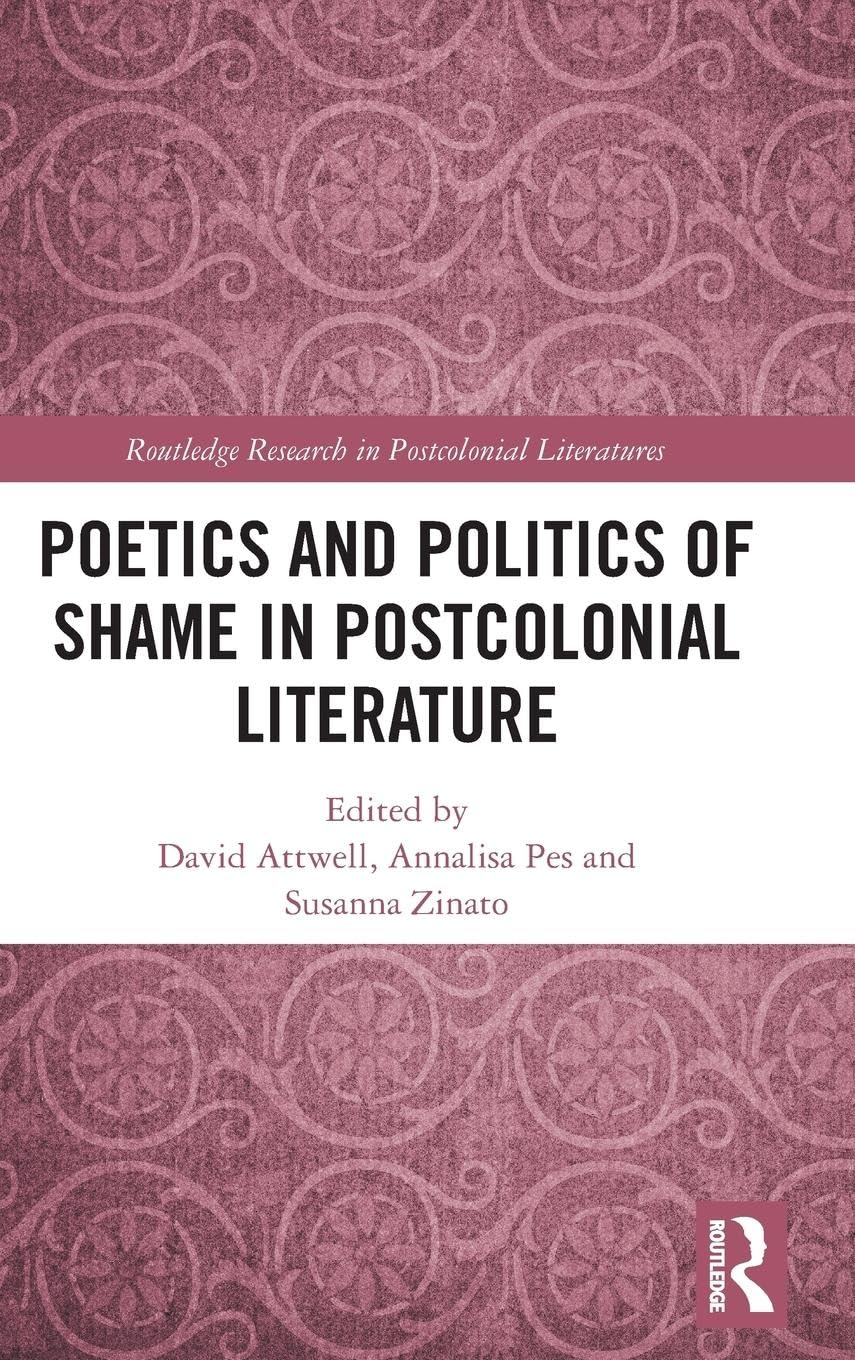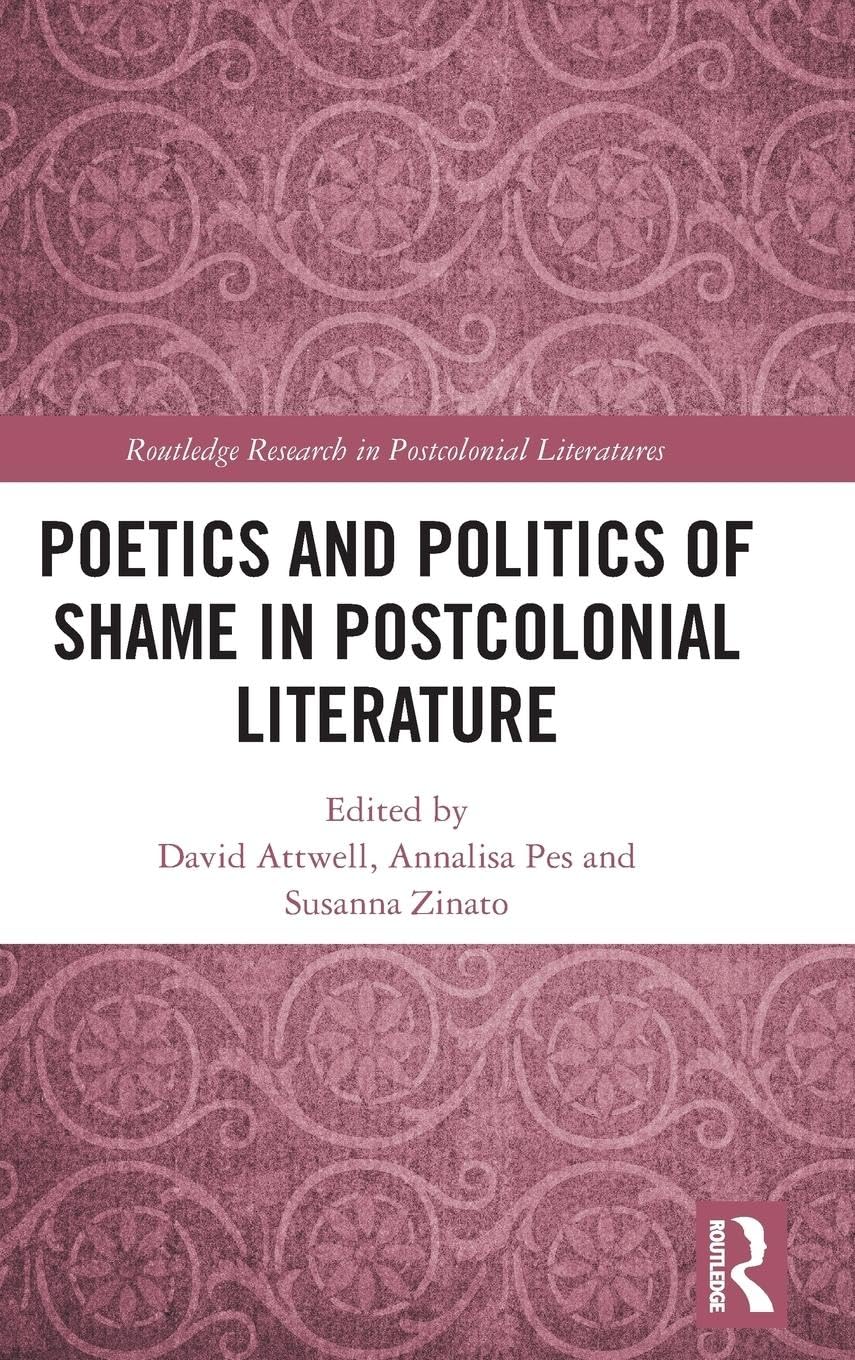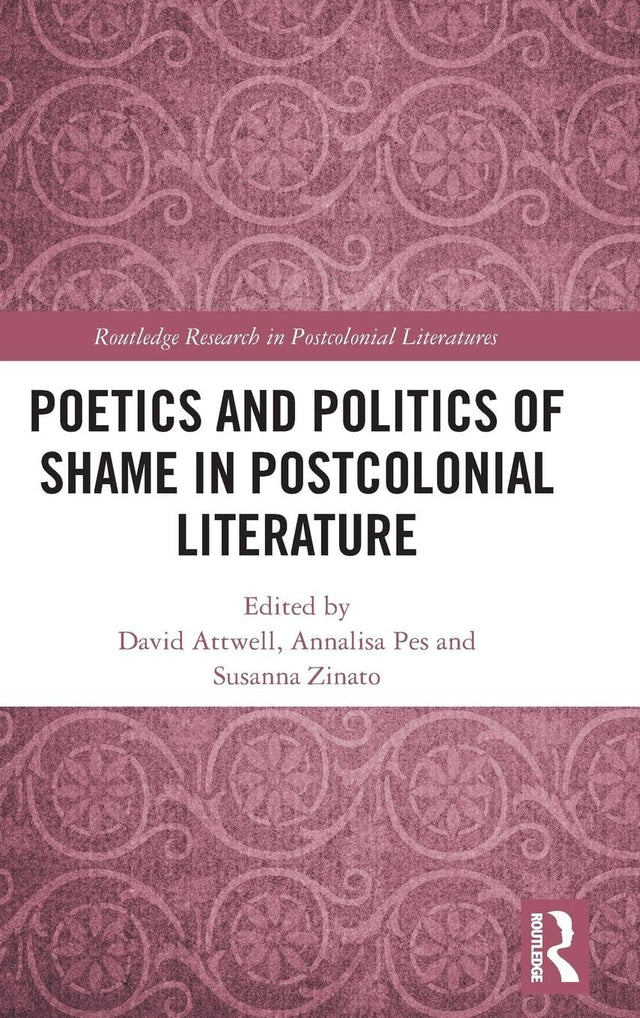Poetics and Politics of Shame in Postcolonial Literature
Poetics and Politics of Shame in Postcolonial Literature is backordered and will ship as soon as it is back in stock.
Couldn't load pickup availability
Genuine Products Guarantee
Genuine Products Guarantee
We guarantee 100% genuine products, and if proven otherwise, we will compensate you with 10 times the product's cost.
Delivery and Shipping
Delivery and Shipping
Products are generally ready for dispatch within 1 day and typically reach you in 3 to 5 days.
Book Details
-
Author: David Attwell
-
Brand: Routledge
-
Binding: Hardcover
-
Edition: 1
-
ISBN: 9780367193102
-
Pages: 231
-
Cover: Hardcover
-
Dimensions: 8.9 x 6.1 x 0.8 inches
-
Language: English
-
Release Date: 14-05-2019
About The Book
"Poetics and Politics of Shame in Postcolonial Literature" offers a fresh and comprehensive examination of the role of shame in colonial and postcolonial literature in English. In this insightful collection, David Attwell brings together both emerging and established voices in postcolonial studies to explore the complex relationships between shame, racism, agency, and ethical recognition.
The essays within this volume tackle the ethical implications of shame, the problem of shamelessness, and the shame of collective forgetfulness, while considering how literature can engage with shame’s destructive potential. Central to the discussion is the question of whether the aesthetic and ethical powers of literary works can provide a path to stability or recuperation in the face of shame’s societal consequences.
The book draws connections between the colonial experience and its aftermaths, highlighting the profound significance of shame in understanding the human condition and its political dimensions. Through its urgent critical focus, this volume invites readers to consider shame not just as a personal emotion but as a powerful force shaping collective memory and identity in postcolonial contexts.





